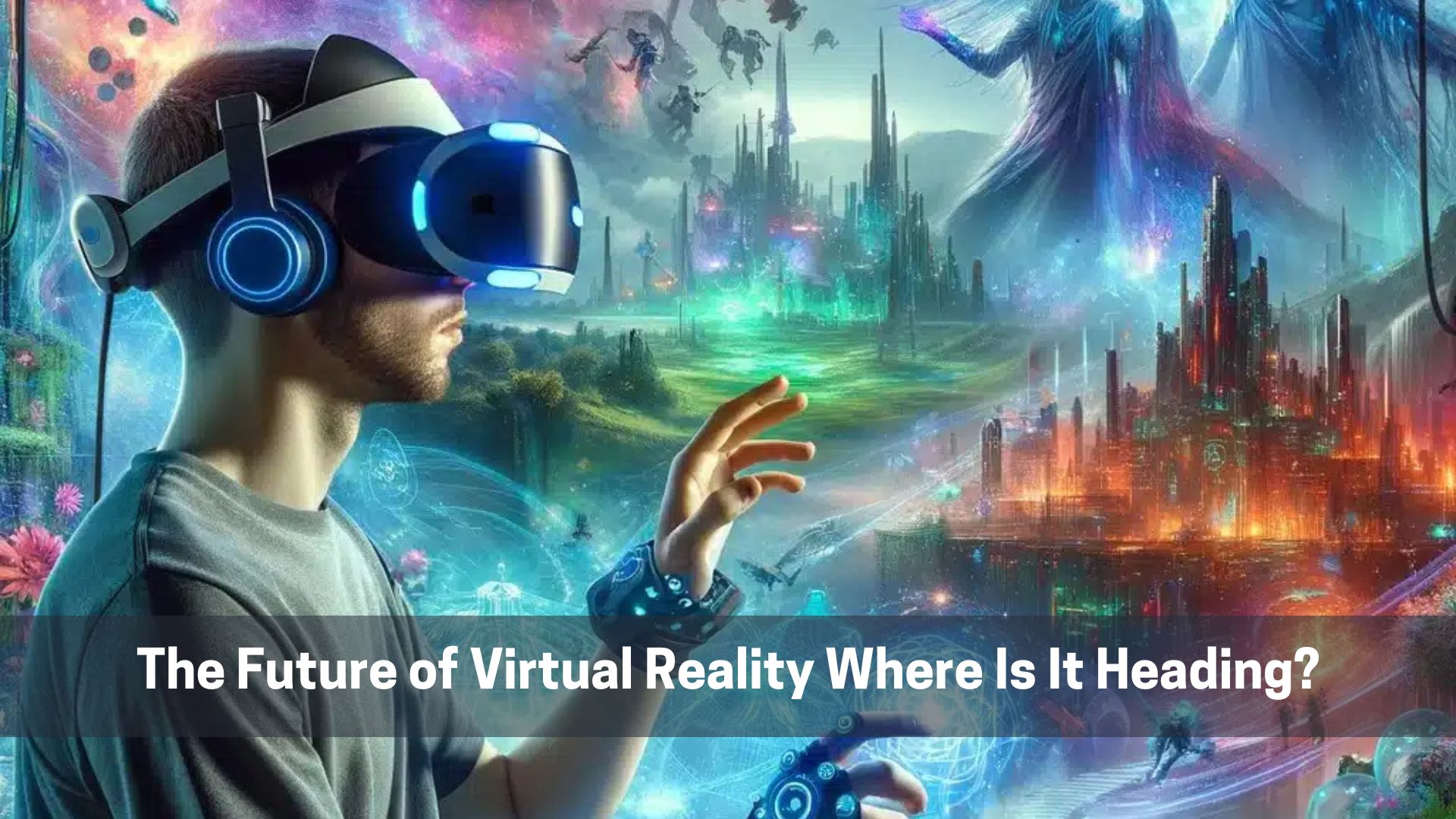Virtual Reality (VR) has evolved significantly in the past decade, expanding beyond gaming into fields like education, healthcare, business, and social interaction. As technology advances, the future of VR looks more immersive, accessible, and impactful. Let’s explore where VR is heading and what innovations we can expect in the coming years.
1. The Rise of Wireless & Standalone VR
Early VR systems required powerful computers and extensive wiring, limiting their accessibility. The rise of standalone VR headsets like the Meta Quest series and advancements in wireless technology are making VR more convenient and user-friendly.
2. Ultra-Realistic Graphics & Haptic Feedback
- Higher Resolution Displays: Future VR headsets will feature 8K resolution per eye, making virtual environments more lifelike.
- Advanced Haptics: New developments in gloves, bodysuits, and controllers will allow users to physically feel textures, temperatures, and resistance in virtual worlds.
3. AI & VR Integration
Artificial Intelligence (AI) will enhance VR experiences by providing:
- Realistic NPC Interactions: AI-driven characters will respond dynamically to user actions.
- Personalized Learning: VR education platforms will use AI to adapt lessons based on individual progress.
4. VR in the Workplace & Remote Collaboration
- Companies leverage VR for remote meetings, training simulations, and virtual office spaces.
- Platforms like Microsoft Mesh and Meta’s Horizon Workrooms are pushing the boundaries of virtual collaboration.
5. Expansion of VR in Healthcare
- Medical Training: VR is being used to train surgeons and healthcare professionals with immersive simulations.
- Mental Health Therapy: VR-based exposure therapy is proving effective in treating anxiety, PTSD, and phobias.
- Pain Management: VR experiences are being used to reduce pain perception in patients undergoing medical procedures.
6. VR & The Metaverse
With the rise of the Metaverse, VR will play a crucial role in digital socialization, virtual economies, and online entertainment. Companies like Meta, Apple, and Google invest heavily in metaverse-related VR developments.
7. Challenges & Ethical Considerations
- Privacy Concerns: Collecting biometric data raises ethical questions about user privacy.
- Motion Sickness: Efforts are being made to reduce VR-induced discomfort through improved hardware and software.
- Accessibility & Cost: While prices decrease, high-end VR systems remain expensive for many users.
Conclusion
The future of VR is full of possibilities, from hyper-realistic simulations to groundbreaking applications in education, healthcare, and the workplace. As hardware and software become more advanced, VR is poised to redefine how we interact with digital environments.

